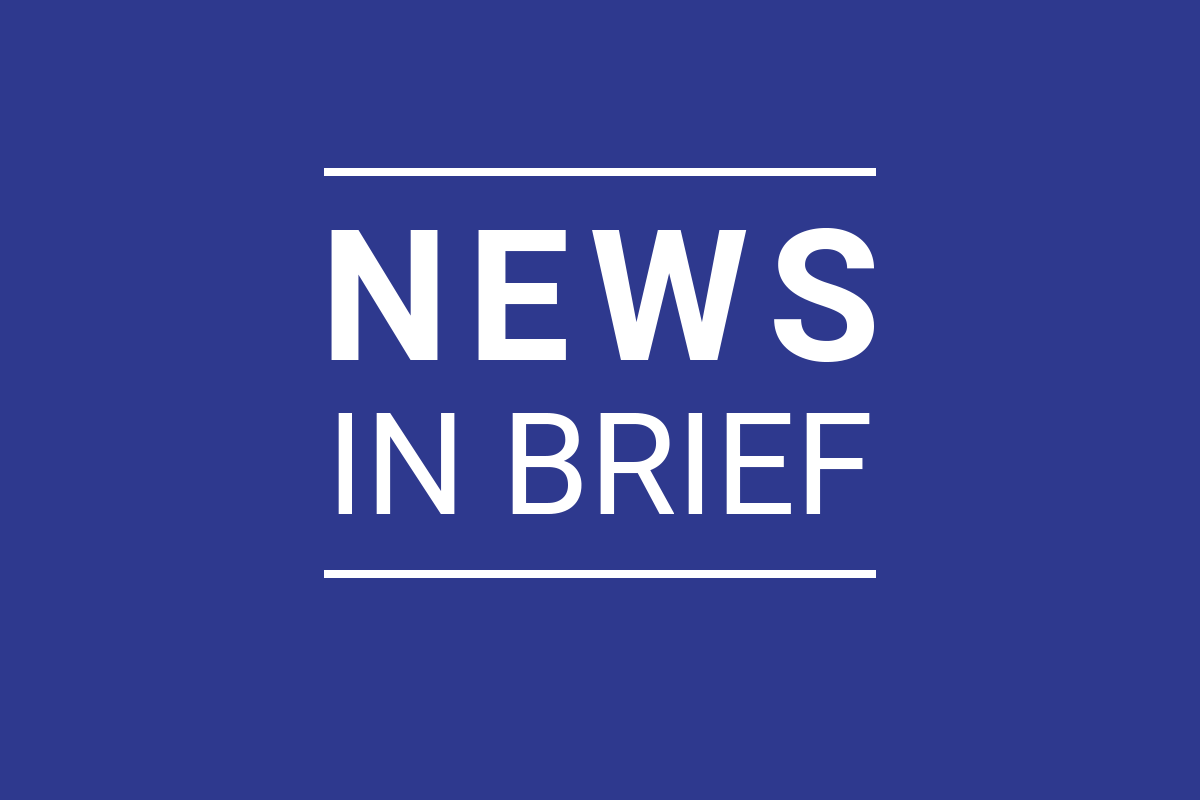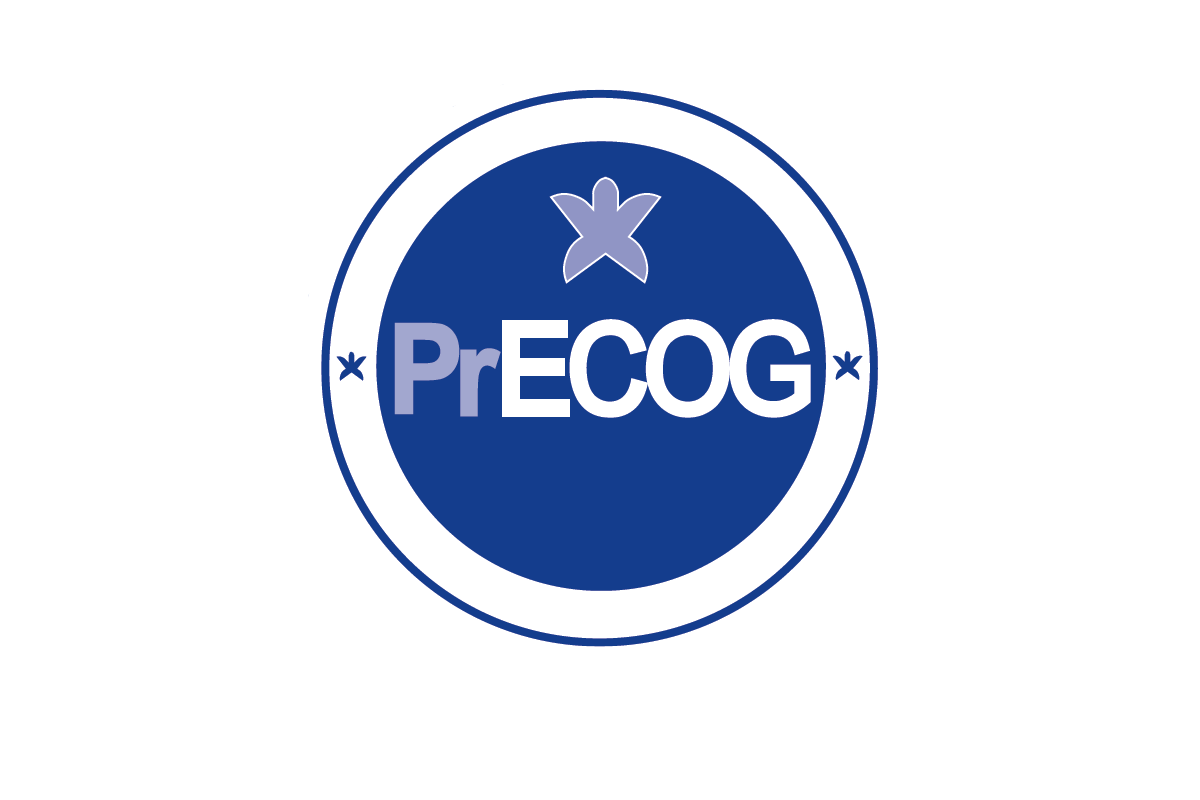
News in Brief, January 2021
January 25, 2021
Joe Sparano: Refining Individual Risk in Breast Cancer
January 25, 2021Trial Spotlight: Jonathan Cohen, MD on Trial PrE0404 for Relapsed/Refractory Mantle Cell Lymphoma

A Phase I/II Study of Ixazomib and Ibrutinib in Relapsed/Refractory Mantle Cell Lymphoma

By Jonathon B. Cohen, MD, MS
Therapies for patients with relapsed/refractory mantle cell lymphoma (MCL) result in remission for many patients but are not curative. MCL is a rare and generally aggressive form of non-Hodgkin’s lymphoma. MCL patients treated with currently available Bruton’s tyrosine kinase (BTK) inhibitors, including ibrutinib and others, frequently progress within two years, and outcomes for patients after progression on BTK inhibitors are poor. Overall survival is frequently less than one year. Recently approved CAR T-cell therapy with brexucabtagene autoleucel (Tecartus™) is very effective in many, but not all, cases. Furthermore, not all patients are eligible for CAR T. As a result, novel approaches are still needed for patients with MCL, including combinations of oral therapies, which may prolong remission durations. In fact, prior studies have suggested that BTK inhibitors and proteasome inhibitors may be synergistic with respect to anti-lymphoma impact.
In study PrE0404, currently in its phase II, we are evaluating the combination of ibrutinib and the oral proteasome inhibitor ixazomib in patients with relapsed/refractory MCL. Proteasome inhibitors are known to be active in MCL, and the initial version, bortezomib, is FDA approved. Ixazomib is FDA approved in patients with multiple myeloma and is administered once weekly. As a result, patients can receive this therapy entirely at home without having to spend time in the infusion center or receiving IV treatments.
In this study, patients with relapsed/refractory MCL who have not received a BTK inhibitor or proteasome inhibitor are treated with both agents until disease progression or intolerance. Ibrutinib is administered once daily while ixazomib is administered on a weekly basis in weeks 1, 2, and 3 of each 4-week cycle. We previously completed the phase I portion of PrE0404, in which we identified the most appropriate dose of ixazomib and confirmed that these agents can be safely combined.
As part of this trial, we are also investigating the impact of mutations and other high-risk features on outcomes for enrolled patients. It is our hope that patients with high-risk features who may not have benefitted from single-agent therapy will have improved responses to combination therapy. While the primary endpoint of this study is complete response rate, we will also be calculating progression-free survival and duration of response in addition to the genomic and molecular assessments.
Patients are monitored for toxicities throughout the study, the most common of which include gastrointestinal complaints and cytopenias. These have generally been manageable with supportive care and occasional adjustment of the dose of treatment. Peripheral neuropathy, a common complicating factor associated with the use of bortezomib, is not usually encountered with ixazomib although its incidence is being monitored throughout the treatment course. Patients with significant peripheral neuropathy are not permitted to enroll in the study.
PrE0404 is currently open nationwide at many leading cancer centers and is supported by the ECOG-ACRIN Lymphoma Committee. We encourage any physician with a patient who may be eligible to contact the study team to review the eligibility criteria and to consider enrollment.
Dr. Cohen (Emory University and the Winship Cancer Institute) is the lead investigator for this trial.
About PrECOG
PrECOG, LLC is a cancer research group formed as a not-for-profit limited liability company in 2006 by the ECOG Research and Education Foundation, Inc. It operates outside of the National Cancer Institute’s federal funding structure, known as the National Clinical Trials Network. A central focus of PrECOG is to support the overall scientific research goals of the ECOG-ACRIN Cancer Research Group. PrECOG aims to reduce the burden of cancer by advancing research in all aspects of cancer care and thereby improve survival, patient benefit, and quality of life. The current PrECOG portfolio includes phase one and two multi-center trials, as well as US-based and multi-national phase three trials. For further information, please visit www.precogllc.org.
![ECOG-ACRIN logo[19516]275×75](https://blog-ecog-acrin.org/wp-content/uploads/2021/03/ECOG-ACRIN-logo19516275x75.png)
